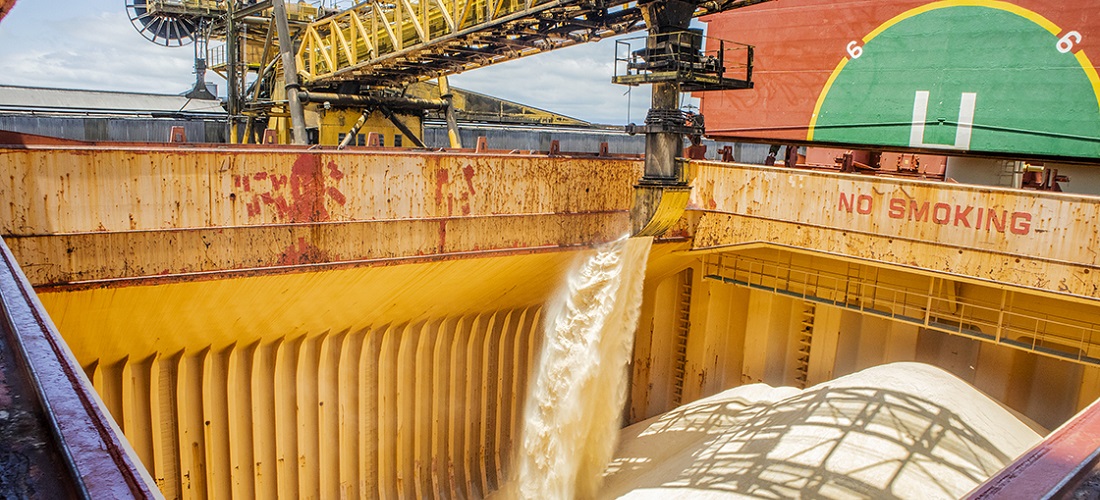
Brazil’s exports to Arab states rise 26% in H1
Aug, 05, 2024 Posted by Sylvia SchandertWeek 202431
Brazilian exports to the Arab world grew at 25.8% in the first half of the year compared to the same period last year, to USD 11.2 billion, according to figures disclosed on Wednesday (31) by the Arab-Brazilian Chamber of Commerce (ABCC). The growth percentage is well above the country’s overall average of 1.4%.
According to the ABCC, the increase in sales to the Arab League countries indicates the region’s economic resilience, particularly of the Gulf states, which have strived to maintain their economies booming, including by reallocating domestic remedies and seeking international money to preserve the pace of state investments for the economic transition towards the post-oil era.
Brazilian leading export to the Arab world from January to June was sugar, followed by chicken, iron ore, beef, and soybean. Increases have been observed across all products, except soybean. Beef exports, for instance, doubled. Sugar saw the highest growth at 61%, according to the ABCC’s market intelligence department. The country’s eading market among the Arab states was the United Arab Emirates, followed by Egypt, Saudi Arabia, Algeria, and Iraq.
Brazil’s imports from the Arab world
On the other hand, imports from the Arab countries hit USD 4.7 billion worth of products in the first half of the year, down 8.1% from the same period in 2023. Leading products acquired were the traditionally imported petroleum, petroleum gas, and fertilizers. Top suppliers were Saudi Arabia, UAE, Algeria, Morocco, and Egypt. This leads the trade exchange to USD 16 billion.
Source: ANBA
-
OTI Rankings
Nov, 08, 2020
0
DataLiner OTI Rankings (NVO Rankings) | Jan to Sept 2019-2020 Brazil
-
Other Cargo
Jun, 01, 2021
0
Brazil exported over US$53 million worth of games in 2020
-
Ports and Terminals
Jun, 02, 2022
0
Brazil’s government may consider extending the Port of Santos concession period
-
Other Cargo
Oct, 04, 2022
0
Apple iPhone exports from India top $1 billion in five months

